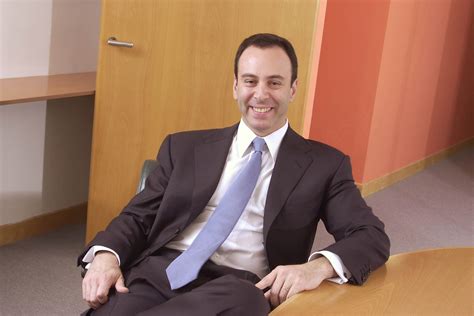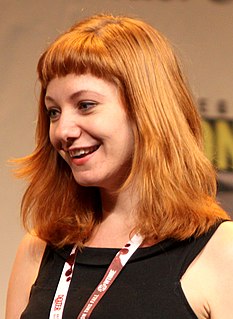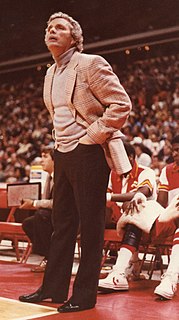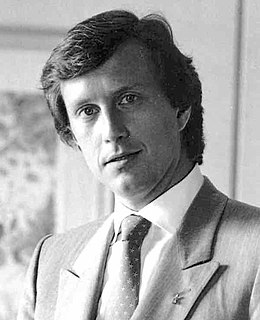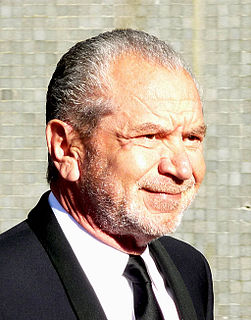A Quote by Murray Rothbard
The important desideratum is freedom of the market; a country or region will often best develop, depending on conditions of resources or the market, by concentrating on one or two items and then exchanging them for other items produced elsewhere.
Related Quotes
Keeping physical items from the past is important - we keep old toys, grandparents' jewelry, yearbooks, dance recital programs - and we assign meaning to them. Those items become the memories, and that's a very healthy thing to do. The problems occur when we have too many of those sentimental items, and they start weighing us down.
An old market had stood there until I'd been about six years old, when the authorities had renamed it the Olde Market, destroyed it, and built a new market devoted to selling T-shirts and other objects with pictures of the old market. Meanwhile, the people who had operated the little stalls in the old market had gone elsewhere and set up a thing on the edge of town that was now called the New Market even though it was actually the old market.
[Freedom] is the greatest of political goods. I do not say freedom is the greatest of all goods: the best things come from within they are such things as creative art, and love, and thought. Such things can be helped or hindered by political conditions, but not actually produced by them; and freedom is, both in itself and in its relation to these other goods the best thing that political and economic conditions can secure.
What most people really object to when they object to a free market is that it is so hard for them to shape it to their own will. The market gives people what the people want instead of what other people think they ought to want. At the bottom of many criticisms of the market economy is really lack of belief in freedom itself.
When you bring in multi-brand retail items into the country, you're not just bringing the products, but you're also harming local manufacturers. You must strengthen your manufacturing sector and put it on a level playing field with the world. Any kind of items manufactured globally, like small pens, pencils, notebooks - our manufactured goods need to be on a level playing field. Then let them come. Have a competition.
You cannot just depend on the market, because the market will say: China needs oil; China needs coal; China needs whatever, and Africa has got all these things in abundance. And we go there and get them, and the more we develop the Chinese economy, the larger the manufacturing is, the more we need global markets - sell it to the Africans which indeed might very well destroy whatever infant industries are trying to develop on the continent. That is what the market would do.
It is particularly odd that economists who profess to be champions of a free-market economy, should go to such twists and turns to avoid facing the plain fact: that gold, that scarce and valuable market-produced metal, has always been, and will continue to be, by far the best money for human society.


